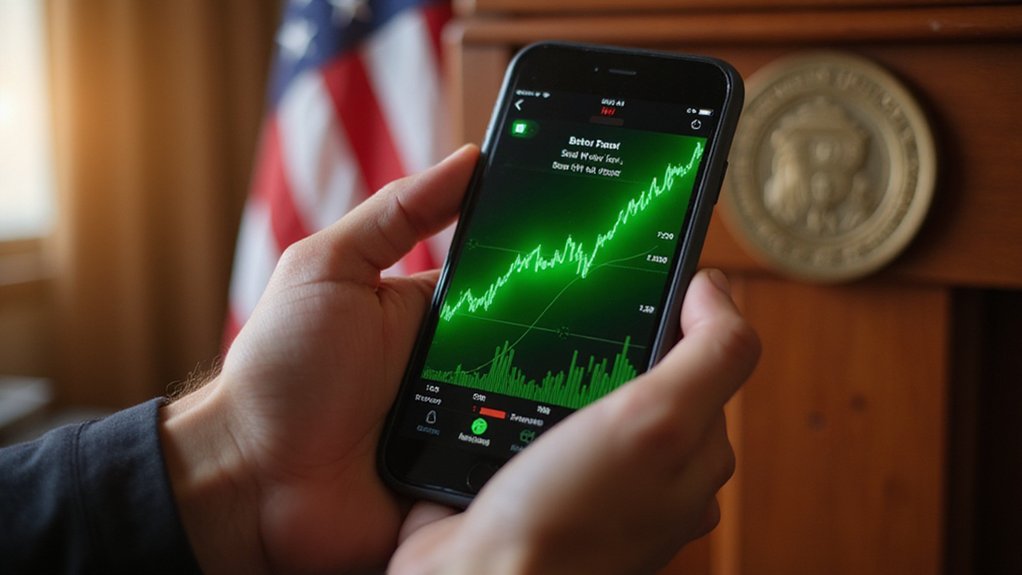While accredited investors have long enjoyed exclusive access to private equity‘s most coveted opportunities—watching SpaceX‘s valuation rocket from $33 billion to $127 billion over five years while retail investors stood firmly on the sidelines—Republic is now attempting to democratize this rarified air through blockchain-enabled tokenization.
The platform’s Mirror Tokens, beginning with rSpaceX, offer retail investors economic exposure to private company performance for as little as $50 (a revitalizing departure from the traditional $100,000+ minimums that have historically separated the merely comfortable from the genuinely wealthy). These blockchain-based promissory notes fundamentally function as fractional IOUs, promising proportional payouts if and when SpaceX goes public or gets acquired—though holders receive no voting rights, equity stakes, or BoardRoom invitations.
Republic’s Mirror Tokens slash private equity’s gatekeeping minimums from $100,000+ to just $50, though voting rights remain exclusively upstairs.
Republic’s tokenization initiative operates under the CLARITY Act of 2025, classifying these instruments as “investment contract assets” subject to SEC oversight. The regulatory framework appears designed to thread the needle between investor protection and retail accessibility, though one might reasonably wonder whether regulatory certainty in the crypto space remains something of an oxymoron.
The economic mechanics are straightforward: investors purchase tokens reflecting private company share performance, with gains distributed during liquidity events. After a one-year lock-up period, trading becomes available on regulated secondary markets—assuming Republic’s acquisition of INX exchange proceeds as planned. The platform accepts traditional payments and stablecoins, making participation remarkably frictionless for a historically exclusive asset class. This process exemplifies the broader trend of converting real-world assets into digital tokens on blockchain networks, bridging traditional finance with decentralized technology.
Beyond SpaceX, Republic eyes tokenization of OpenAI and Anthropic, potentially expanding retail access to artificial intelligence‘s most prominent players. This initiative reflects a broader shift toward financial inclusivity in private market ventures, potentially reshaping how ordinary investors access traditionally exclusive opportunities. The implications could prove transformative, considering Tesla’s current $480 billion market capitalization suggests substantial upside potential for SpaceX’s eventual public debut. The tokenized asset market reached $24 billion by mid-2025, demonstrating growing institutional and retail acceptance of these innovative financial instruments.
Of course, risks abound. No guarantee exists that these companies will ever go public or face acquisition, leaving token holders potentially stranded with digital certificates representing nothing more than wishful thinking.
Market volatility, regulatory shifts, and the inherent uncertainties of private equity investing remain unchanged—democratized access doesn’t eliminate fundamental investment risks, merely distributes them more broadly across the investing public.









